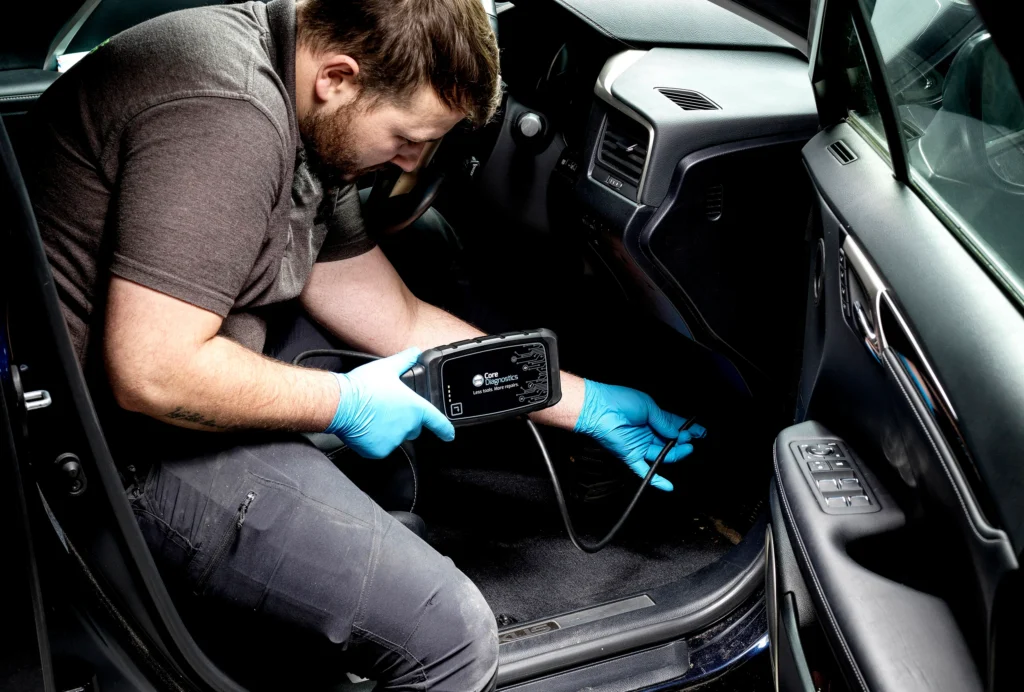[vc_row type=”in_container” full_screen_row_position=”middle” column_margin=”default” scene_position=”center” text_color=”dark” text_align=”left” overlay_strength=”0.3″ shape_divider_position=”bottom” bg_image_animation=”none”][vc_column column_padding=”no-extra-padding” column_padding_position=”all” background_color_opacity=”1″ background_hover_color_opacity=”1″ column_link_target=”_self” column_shadow=”none” column_border_radius=”none” width=”1/1″ tablet_width_inherit=”default” tablet_text_alignment=”default” phone_text_alignment=”default” overlay_strength=”0.3″ column_border_width=”none” column_border_style=”solid” bg_image_animation=”none”][vc_column_text]The Department for Transport released a comprehensive policy paper yesterday outlining their strategy for enhancing the driving experience. While the paper primarily focuses on critical aspects such as the implementation of 20mph zones, expedited pothole repairs, and the discontinuation of 15-minute cities, there are several noteworthy points to highlight:
- Streamlined On-Street Charging:
The policy aims to simplify on-street charging for electric vehicles (EVs) by expanding the eligibility criteria for EV chargepoint grants. This expansion includes the incorporation of cross-pavement solutions, making EV ownership more feasible for individuals without off-street parking options. - Facilitated Chargepoint Installation:
The government is exploring options to make private chargepoint installation more affordable and less cumbersome. A consultation will be held to discuss the potential expansion of permitted development rights, which currently require planning permission for chargepoint installations in certain scenarios, including on-street parking situations. - Collaboration with Industry to Dispel EV Myths:
The Department for Transport is committed to supporting the transition to zero-emission vehicles and intends to work closely with industry stakeholders to address and dispel any concerns or misconceptions surrounding EVs. This initiative aims to demonstrate that EVs are a practical choice for most drivers. - Addressing Unfair Practices by Fuel Retailers:
In a bid to protect consumers and ensure fair pricing, the government will empower drivers with the tools needed to compare fuel prices. Additionally, they will establish a statutory open price data scheme for retail road fuel prices, enabling consumers to make informed decisions about where to refuel.
Furthermore, there are significant insurance-related elements within this policy:
Equitable Insurance Claims:
A consultation will be initiated to consider the removal of the current right for uninsured drivers to claim property damage compensation from the Motor Insurers’ Bureau in cases involving another uninsured or untraced driver. This proposed change would eliminate a right initially established under EU law, which is perceived as unfairly benefiting those involved in criminal activities at the expense of law-abiding drivers.
For a detailed overview of the Department for Transport’s efforts to benefit motorists, you can refer to the full publication, which is accessible here: Plan for Drivers.[/vc_column_text][/vc_column][/vc_row]




